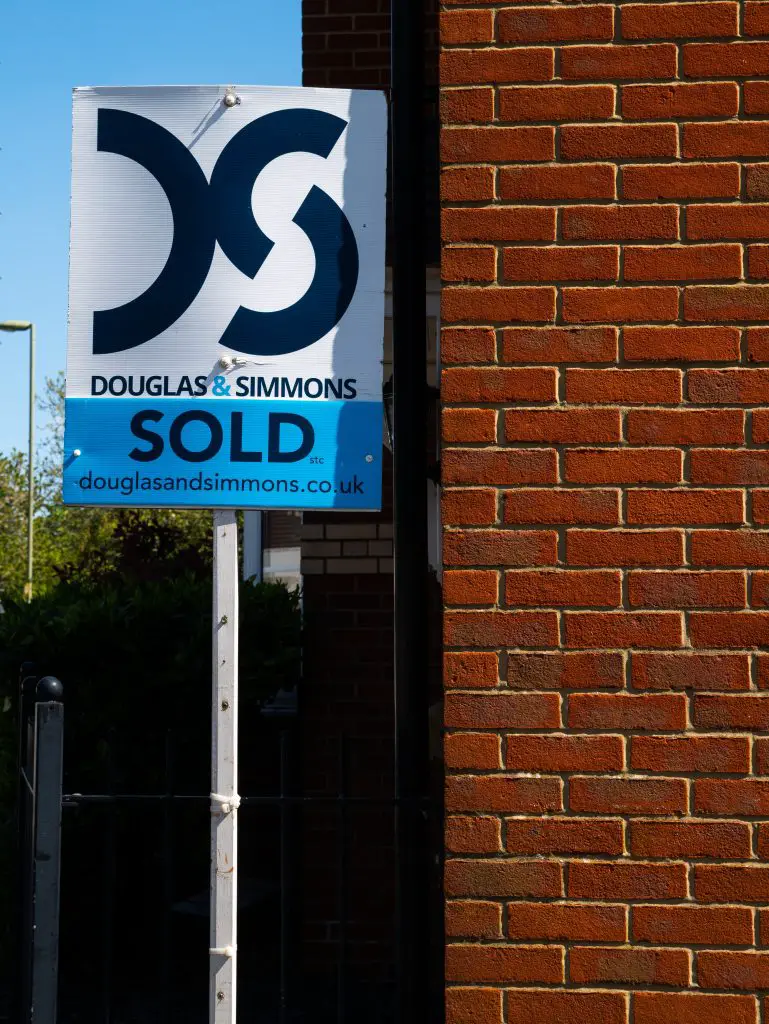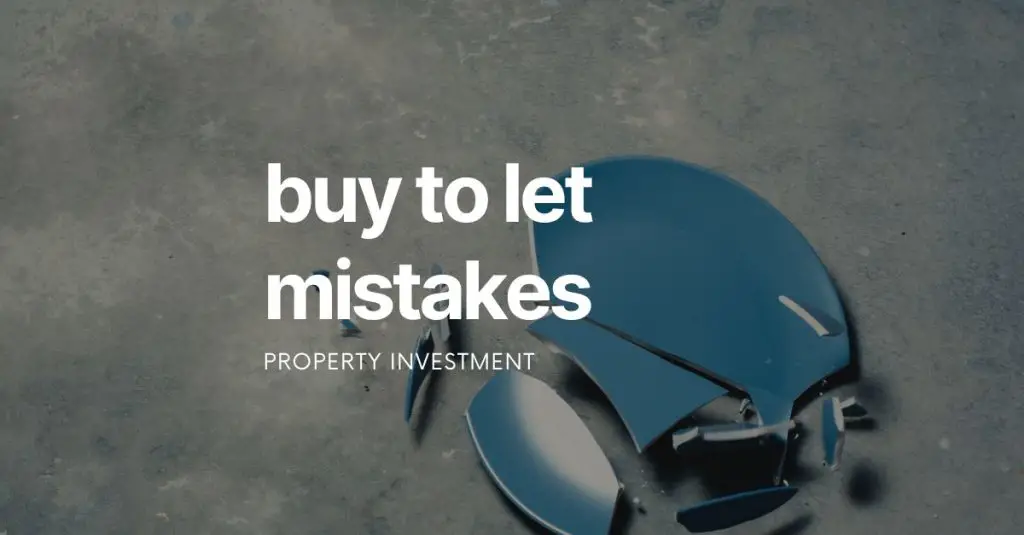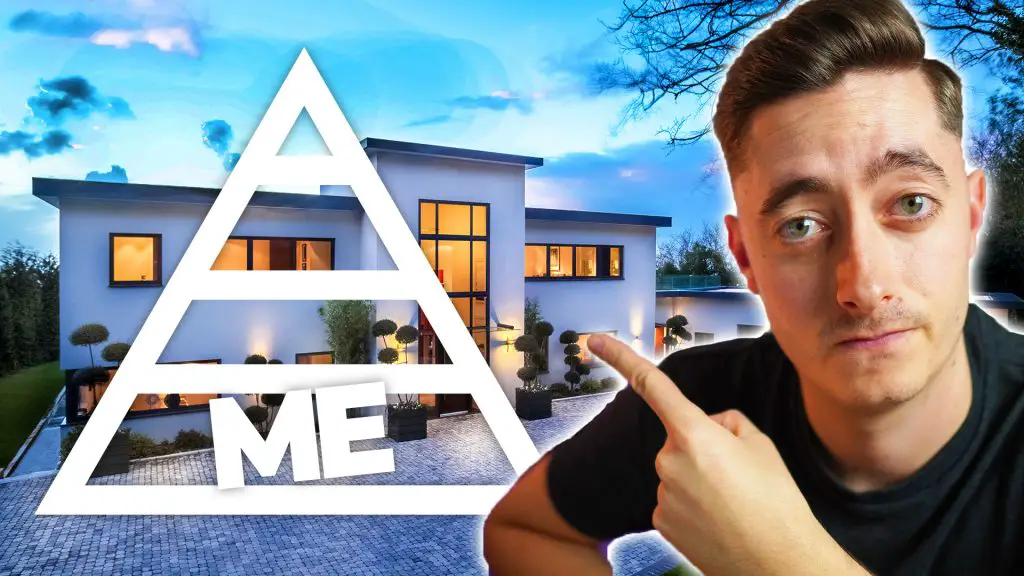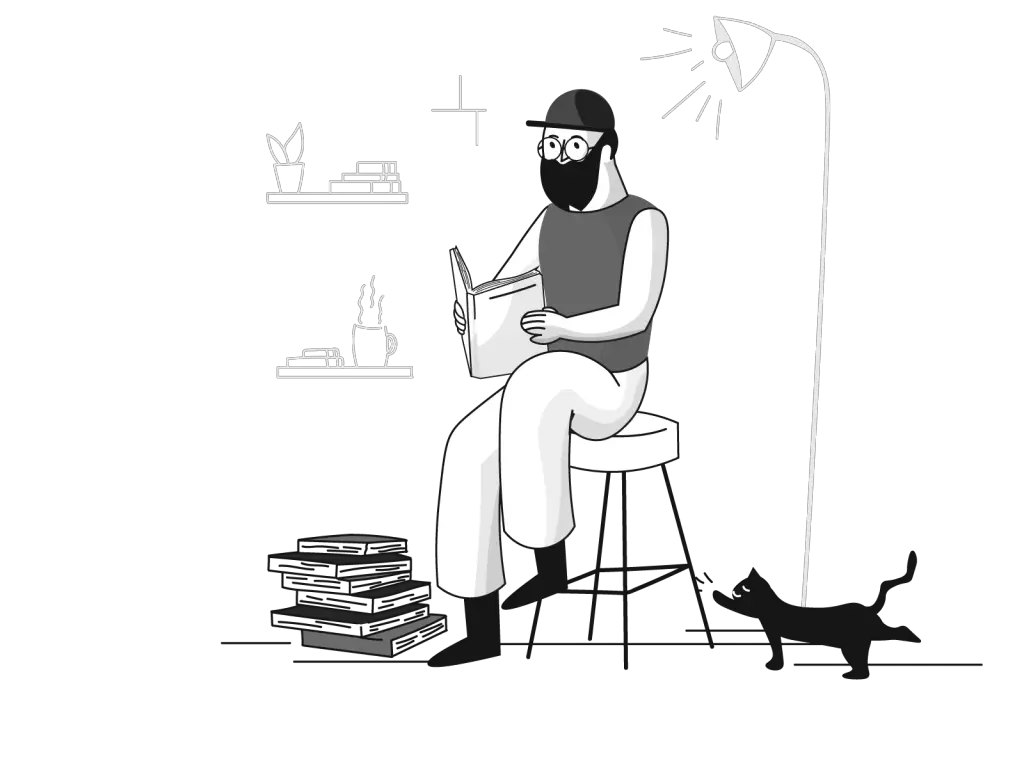If you’ve got £30,000, then firstly congratulations on either saving that money and reaching an incredible milestone!
So – now you’re asking… “How do I get started with £30k in property investing”?
Now you have a great amount of money saved up, and assuming you already own the home that you live in (If you don’t – then do this first as the tax savings of renovating your own property are phenomenal) – so the question is – what should you do with that £30k? Well, if you’re only here to find out how expensive a house should be with that kind of money, you should be aiming to buy a property for no more than £80,000.
We’re going to explore six crucial things you should consider to start making those small steps to buying your first buy to let investment property with £30,000.
Understanding the power of investing in property can really help you build solid foundations for the future – the worst thing you could do is put your money into a 0.1% interest savings account because this means in relative terms your money would be worth less in 5 years time than what you put in, this is due to inflation. If inflation rises at 2% a year and your money is only increasing by 0.1%, you’re actually losing 1.9% EVERY YEAR in relative terms VS what things cost in everyday life. That’s mind blowing, right?
And for that reason, I hope you stick around and learn some useful tips in this video, lets jump right in.
There’s lots of different ways to get started in property investing, especially if you have a respectable £30,000 to spend and get started. Before you spend a single penny, you need to understand that any kind of investment comes with risk and your role as a brand new property investor is ensuring that you train your business sense, risk management and financial understanding skills to ensure that you can manage risks and reduce your chances of losing money buying the wrong property.
Don’t worry – I get that can be very arbitrary, to help you start building a system to run your property investing business, here are my top 6 things you should think about and how to invest that £30k into your first buy to let property.
Tip 1 – Ensure you have an emergency fund
Ensure you have an emergency fund before spending your money. A typical rule of thumb is to make sure you have 6 months salary saved, this ensures that if anything went wrong with your main income, be that redundancy, illness or something else – you have 6 months protection, this also covers any unexpected life costs.
Tip 2 – Understand your property business plan and your property goals.
To make this easier – I’ve created two useful in-depth articles that will give you some food for thought, if you have a look at the two links in the description, have a read and think about what it is you truly want. Is it cash flow, is it capital growth? Are you doing this to build a bigger pension pot? Or do you want to build a business and go full time?
By really nailing down what it is you want to do will begin to give you clarity on what property strategies you should be thinking about to achieve those goals and work towards that property business plan.
Tip 3 – Don’t pay for any courses or education whatsoever

There’s tonnes of free content online, amazing podcasts and an Instagram community full of inspiring investors. I’ve got a completely free getting started guide on my own website that helps explores creating a property business plan, understanding property investing strategies as well as working out ROI & Yield, whether you should buy in a limited company and a guide to flipping your first house. You do not need to buy an expensive course to get started. You will learn far more by investing that money into a property and learning by doing.
Along with following blogs, podcasts and instagram pages – make sure you’re networking and reaching out to people – you’d be surprised how willing and happy other property investors are to show you round their latest project or development.
Tip 5 – Speak to a mortgage broker for advice and understand your affordability
You might have enough for a deposit on a second property, but if you don’t have the income to support that you’re unlikely to get good mortgages. Lenders have strict criteria. A broker will help understand your finances and explain simply to you what your options may be. For example, if you want to jump straight into HMOs… it’s possible if you’re a first-time investor but without buy-to-let experience, you’ll be limited in your options meaning you’ll pay higher interest rates.
Likewise if you want to get into development, you’ll have a struggling getting a good development finance product if you can’t show any evidence of being able to manage a team of people to refurb a house.
Lenders risk score every applicant for lending and the more things you can do to lower those risks – the better product availability you’ll have – so start simple.
Tip 6 – Consider what house price you should be aiming for
As this post is all about how to get started with 30k, my personal suggestion is that you should be looking at properties in the region of £80k using a 75% loan to value mortgage. This means the bank pays £60k and you pay £20k to purchase the property.
Obviously don’t buy an £80k property that’s barely inhabitable and needs tens of thousands of pounds spending on a refurb, because you will not have enough to bring a property up to the right standard. Make sure it has a nice kitchen and bathroom that pretty much looks ready to move into – there are plenty of nice areas in the north with good housing that fits these criteria, if you’re looking in the south you definitely won’t find a house for this price and with the right quality.
If you put £20k on the deposit – the remaining £10k will go onto things like all of the conveyancing, surveys, stamp duty, broker & lending fees, insurance, hidden costs with the new property for example, repairs and a bit of money left over to uplift a property that needs some new carpets and a lick of paint.
You may also have to consider electrical and gas certificates if renting out to tenants and ensuring that your property meets all the correct regulations and standards, so having the electrics and the boiler check out could ensure you have peace of mind. Having this extra buffer of money will ensure you don’t buy a property and run out of money before you can safely and legally let it out.
So, that’s it for my top tips – get educated for free, speak to accredited professionals such as a broker and accountant and then start viewing properties around the region of £80k in northern towns and cities.
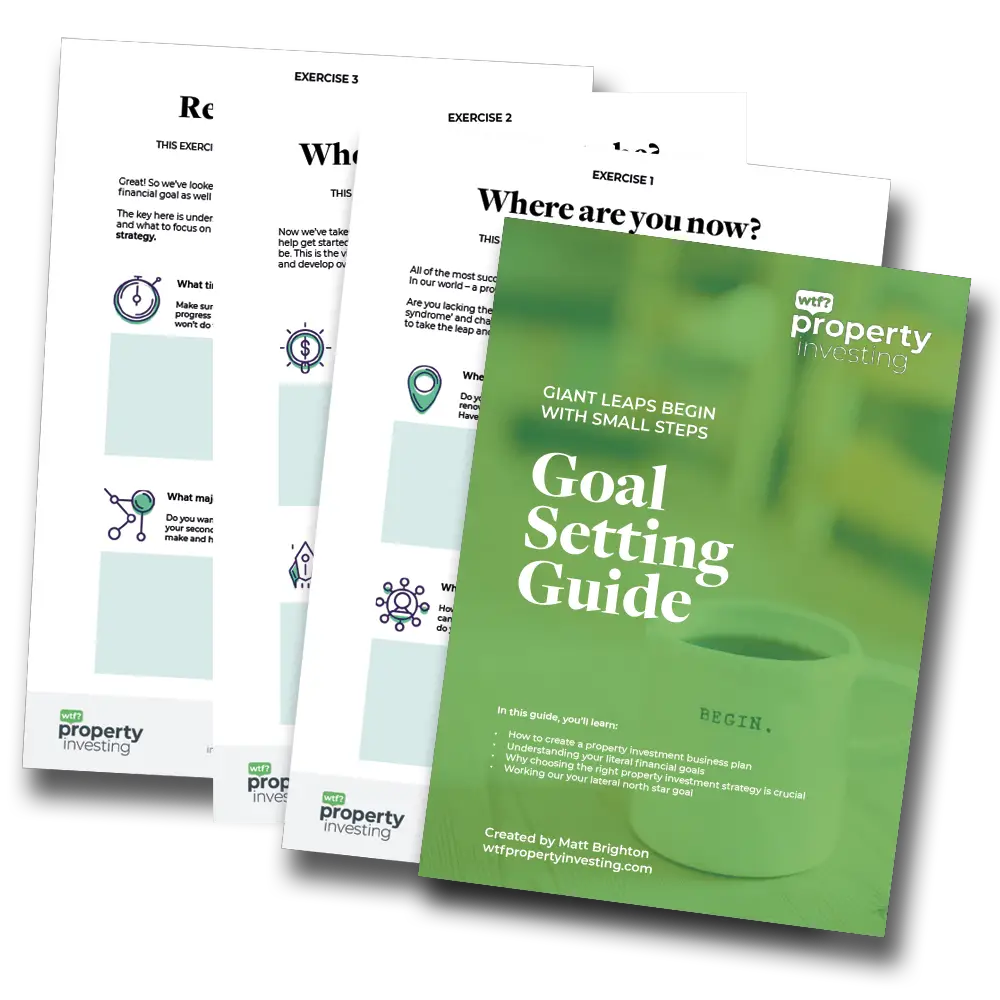
Free Goal Setting Guide
Are you struggling to find focus in your property business? Do you have a clear, tangible and measurable plan of action? Download this free handy goal setting guide that explores wherey you are today, your financial literal and north star lateral goals – and what you need to do to bridge that gap to meet your goals.


 10 Minute Read
10 Minute Read